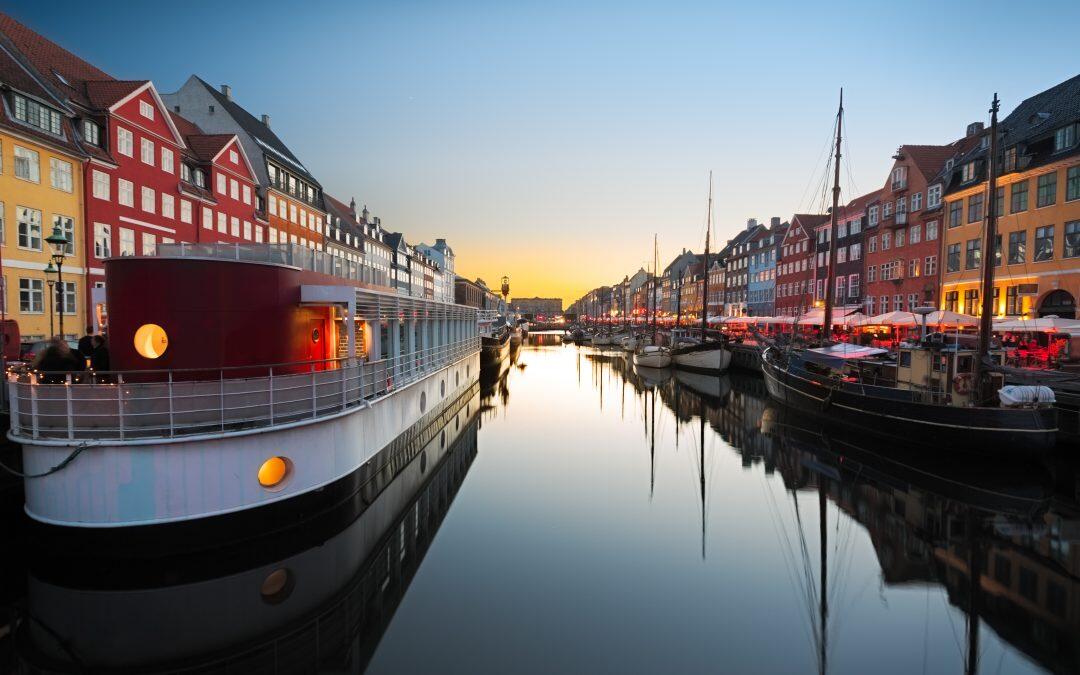It seems difficult to accurately measure happiness, because it is something very abstract and personal. However, there is a World Happiness Report, a survey conducted by a group of experts to the United Nations and which is responsible for inferring the state of overall happiness of each country.
This year the group of researchers published the fourth report of these features- the first dating from 2012, which followed the 2013 and the 2015, and in 157 countries around the world, sorted by their levels of happiness , according the sense of well being that exists in them.
The factors that most influence the happiness of a country: income per capita, life expectancy, social support, little corruption, generosity and freedom to make decisions.
There are six factors that influence the people to make them happier citizens: per capita income, a hope of longer longevity, healthier life, social support, little corruption, generosity and freedom to make decisions.
First scales that took into account also the consequences of inequality between citizens of the same country, which curiously has increased significantly in most regions of the world, as measured by experts who have made the report were introduced.
The ‘top ten’ of the ‘ranking’
Well, at the top of the table appears, with a score of 7,526 on 10 the Denmark , which has won the title three of the four occasions, followed by Switzerland, Iceland, Norway and Finland.
These countries were followed respectively by Canada, Netherlands, New Zealand, Australia and Sweden. Economic powers like theUnited States and China are respectively in positions 13 and 83.
The latest posts are, in that order, Rwanda, Benin, Afghanistan, Togo, Syria whose bloody civil war has lasted five years and is still going and Burundi, which occupies the position 157, the last ranking (with a 2,905 on 10).











